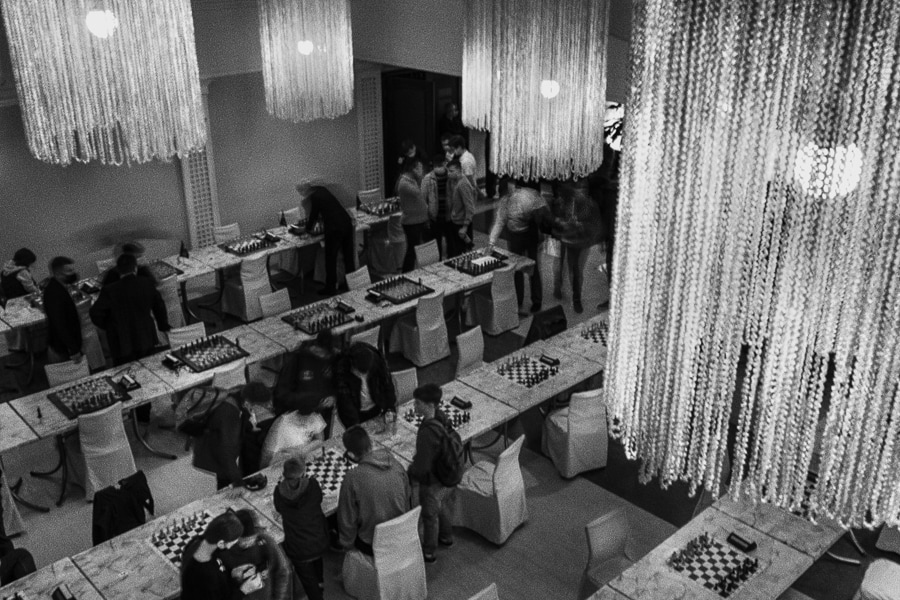
The dark side of Chess: Payoffs, points and 12-year-old grandmasters
In 1980, the governing body for chess relaxed rules to make the grandmasters title more accessible and less exclusive. But young players and often their obsessive parents have turned the 'youngest grandmaster' title into a springboard for greater things
 A Ukrainian team championship in Lyiv, Ukraine, May 12, 2021. Far from prying eyes, secret agreements and cash exchanges to arrange results at chess tournaments are not uncommon, according to interviews with chess players and FIDE officials.
A Ukrainian team championship in Lyiv, Ukraine, May 12, 2021. Far from prying eyes, secret agreements and cash exchanges to arrange results at chess tournaments are not uncommon, according to interviews with chess players and FIDE officials.
Image: Misha Friedman/The New York Times
KYIV, Ukraine — Sergei Karjakin had only one game of chess left, and he had to win it.
It should have been an easy task. The opponent was the lowest-ranked player in the tournament. Karjakin was one of the rising talents in chess, a poised and accomplished boy of 12 years 7 months who was, at that moment, one victory from becoming the game’s youngest grandmaster.
The title would change his life. In chess, only the Top 30 players can expect to build a proper career from the game. Becoming the youngest grandmaster in history offered Karjakin a direct path to that world, a door to global acclaim and corporate sponsorships and invitations to the biggest tournaments — to the life that he and every prodigy, and, perhaps most of all, their parents dream about.
But first Karjakin had to win one last game.
For once, though, his skill did not appear to be enough. For nearly 60 moves, Karjakin posed subtle and challenging problems to Irina Semyonova, his opponent. Each time, she had an answer, a counter. Karjakin kept pressing, but the game ended in a draw.
©2019 New York Times News Service




